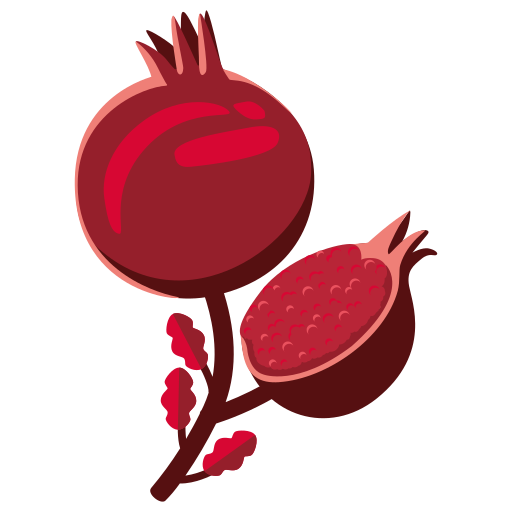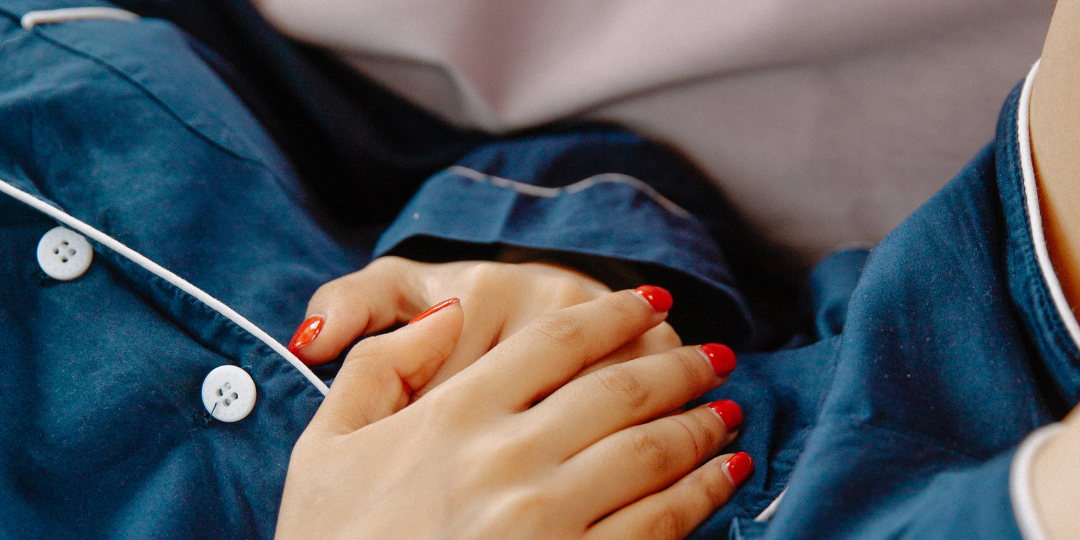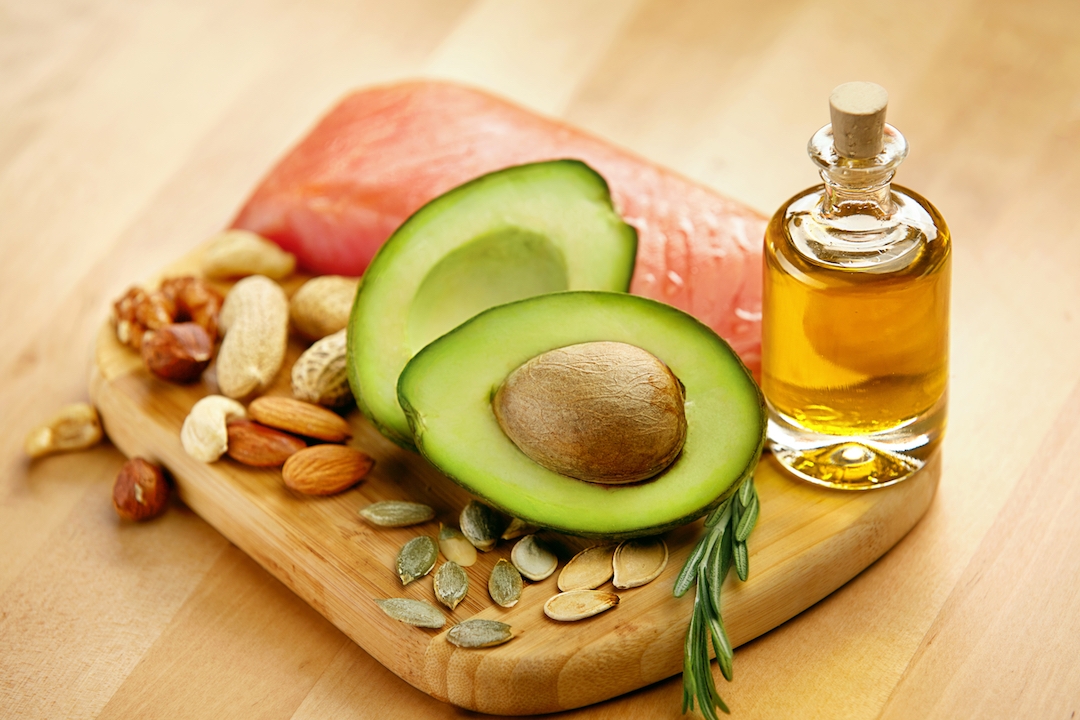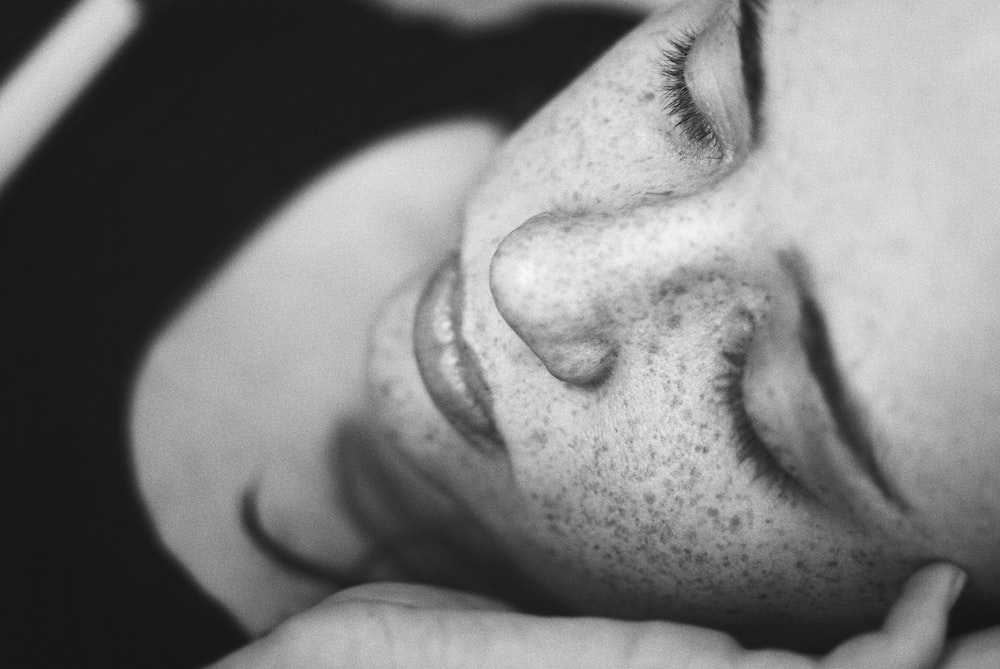Some health conditions are straightforward, but most are not. One that falls into the category of NOT straightforward is interstitial cystitis. November is bladder health awareness month, so it seemed appropriate to discuss a bladder condition that doesn’t get a lot of attention.
Let’s just say this up front: Nobody deserves to live with bladder pain.
Interstitial cystitis is also called bladder pain syndrome because it’s characterized by pain, pressure, or discomfort in the bladder. Because other conditions can also cause bladder pain, it’s important to be evaluated by a qualified healthcare practitioner if you have any concerns about bladder health.
If you HAVE been evaluated and been diagnosed with interstitial cystitis, here are some things to consider.
Some people benefit from restricting certain foods from their diet, especially:
-
- Coffee
- Tea
- Chocolate
- Alcohol
- Spicy Foods
Pelvic floor relaxation exercises include things like placing knees against the chest, reclining with spread legs, or squatting. Pelvic floor physical therapy can also support muscle relaxation.
Similar to other chronic pain situations, interstitial cystitis is closely linked with stress and mood. It can be easy to get caught up in physical pain, but remember to also honor your emotional and social needs, and seek out support if you need it.
Some women benefit from dietary changes, others from nutritional supplements, and others from mind-body approaches.
Naturopathic and functional medicine can offer options that include testing for contributing factors and specific recommendations for your unique biochemistry.
If you would like us to help sorting all of this out. Book a discovery call.




